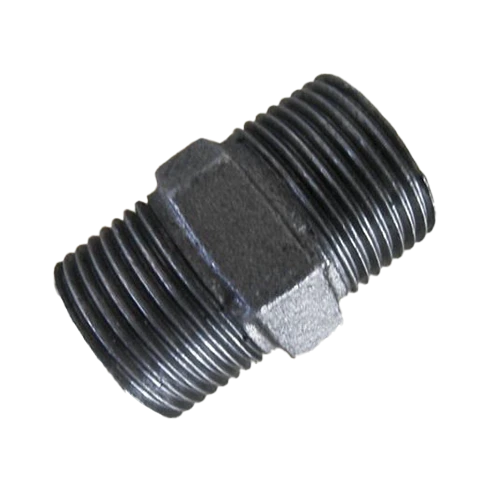Mobile:+86-311-808-126-83
Email:info@ydcastings.com
impeller for motor
Understanding Impellers for Motors The Heart of Fluid Dynamics
Understanding Impellers for Motors The Heart of Fluid Dynamics
The design of an impeller can significantly affect the overall efficiency and effectiveness of a motor. Impellers come in various shapes and sizes, each tailored to specific applications and fluid types. Common types of impellers include centrifugal, axial, and mixed-flow, each serving distinct purposes. Centrifugal impellers, for example, are widely used in water pumps and are known for their ability to transfer fluid efficiently at high speeds. Axial impellers, on the other hand, are ideal for applications requiring a high flow rate, such as in ventilation and air conditioning systems.
impeller for motor

Material selection is another critical factor when designing impellers for motors. Depending on the application, impellers can be crafted from metal, plastic, or composite materials. Each material has its own set of properties, including corrosion resistance, strength, and weight, which can all impact the performance and longevity of the impeller. For instance, stainless steel impellers are commonly used in applications exposed to harsh environments due to their durability and resistance to corrosion.
In addition to design and materials, proper maintenance is key to ensuring the longevity of impellers and the motors they serve. Regular inspections can help identify wear and tear, enabling timely replacements and repairs that prevent more significant issues down the line. Maintaining optimal operating conditions, such as monitoring temperature and pressure, is also essential to ensure that the impeller functions efficiently.
In summary, the impeller is a vital component that bridges the capabilities of motors to manage fluid dynamics effectively. By understanding the various types, materials, and maintenance requirements of impellers, engineers and technicians can enhance the performance and reliability of their systems. As industries continue to evolve, the importance of innovative impeller designs and technologies will undoubtedly remain at the forefront of motor applications, driving progress and efficiency across multiple sectors.
-
Why Should You Invest in Superior Pump Castings for Your Equipment?NewsJun.09,2025
-
Unlock Performance Potential with Stainless Impellers and Aluminum End CapsNewsJun.09,2025
-
Revolutionize Your Machinery with Superior Cast Iron and Aluminum ComponentsNewsJun.09,2025
-
Revolutionize Fluid Dynamics with Premium Pump ComponentsNewsJun.09,2025
-
Optimizing Industrial Systems with Essential Valve ComponentsNewsJun.09,2025
-
Elevate Grid Efficiency with High-Precision Power CastingsNewsJun.09,2025











